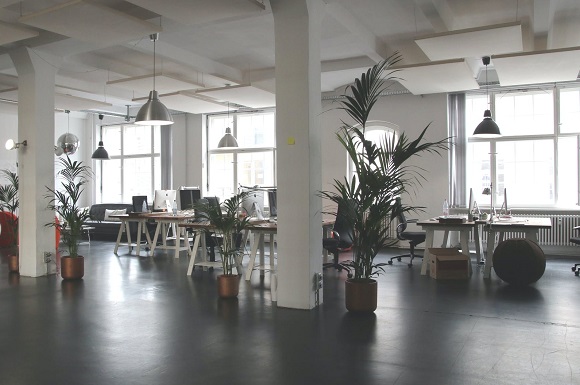
GUEST COLUMN:
Jane Lewis
Regional Partnership Manager
Regional Learning and Skills Partnership and Skills and Talent Programme

Across all sectors, from construction to food manufacturing and tourism, businesses are already adapting to more sustainable ways of working. This is not just about preparing for the future but also about making sure that businesses remain competitive today.
At the Regional Skills Partnership for South West Wales, our role is to work with industry to inform Welsh Government about the skills needed now and in the future. Part of this is ensuring young people in schools and colleges are equipped with the right knowledge and opportunities. But just as important is working with businesses to help them understand what sustainability means for them and how they can upskill their existing workforce.
Take construction as an example. We need to ensure that homes are energy-efficient and cost-effective to run, which means new ways of working. When fitting a heat source pump, for instance, a plumber and an electrician are needed, but they require additional skills to install these technologies. The same applies in other industries. Manufacturing, agriculture, and tourism all need to consider how they can become more sustainable, whether through reducing waste, improving efficiency, or using new technology.
A key focus for us is making sure that businesses understand what sustainability means in practice. There are short courses available to help, such as Institute of Environmental Management and Assessment qualifications for managers and employees. These are already making a difference by helping businesses meet regulatory requirements, reduce costs, and plan for the future. The challenge is ensuring that more companies are aware of and can access this type of training.
Raising awareness is as important as delivering training. If businesses are not informed about the changes happening in their industry, they will struggle to keep up. There is also a role for education beyond schools and colleges. A simple example is smart meters – many people do not fully understand the benefits they bring. A similar knowledge gap exists within businesses when it comes to sustainability regulations, supply chain expectations, and the skills they need to stay ahead.
In South West Wales, we have seen real success in engaging young people by taking industry into schools. Businesses are speaking directly to students about the jobs that will be available in the coming years, making career paths clearer and more appealing. But this must be supported by teachers and lecturers who also need upskilling. With technology evolving so rapidly, keeping educators informed is just as important as training students.
Collaboration between industry and education providers is crucial. One successful example is a partnership between Pembrokeshire College and local employers, where school pupils interested in engineering spend one day a week at college, working with industry professionals. This gives them practical experience, helping them understand what skills will be needed in the future. The model has been so successful that it has been rolled out beyond Wales, including to colleges in England and even Canada.
Battery manufacturing and hydrogen training are also areas where demand for skills is growing rapidly. A recent initiative introducing hydrogen qualifications as a bolt-on to engineering courses has been met with strong interest from students and colleges alike. The challenge now is scaling up this training to meet demand.
Across all sectors, there is a growing recognition of the need to improve sustainability and reduce environmental impact. People want to play their part, but they need the right skills and training to do so. The Welsh Government’s Personal Learning Accounts have been useful in supporting businesses with training, but there is a need for more, particularly in green and digital skills.
The opportunity is there, but to make the most of it, we need to ensure that skills are being delivered in the right place at the right time. Businesses and employees must be aware of the training available and how it can help them prepare for a more sustainable future. By working together, we can make sure that Wales is not just keeping pace with change but leading the way.








